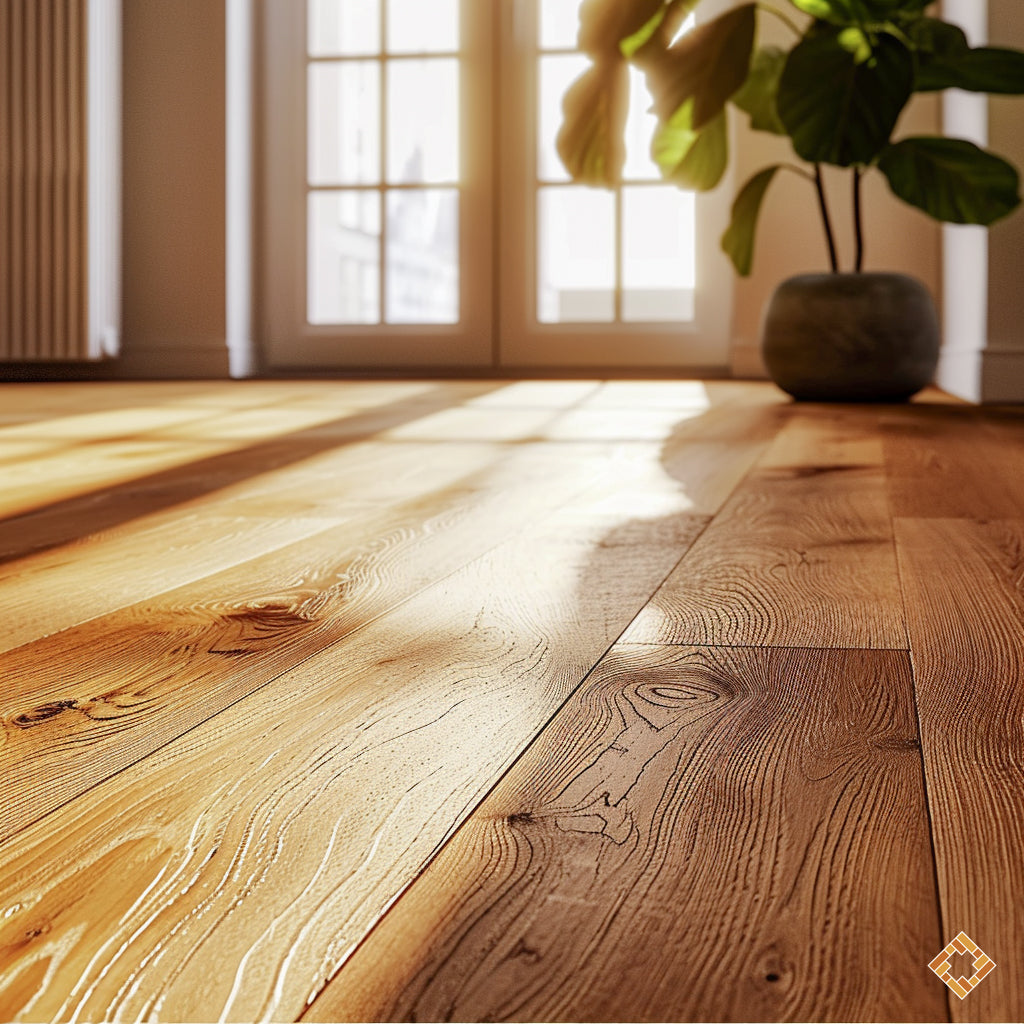The Ecological Benefits of Hardwood Floors
Introduction
Elegant and timeless, hardwood floors are more than just decorative elements. They offer a multitude of ecological benefits, particularly relevant in today's environmental context. Our expertise in Montreal, Laval, Longueuil, South Shore, and North Shore ideally positions us to discuss these advantages.
Durability and Longevity
Resistance and Reuse
- Hardwood floors are known for their durability. Capable of lasting decades, they reduce the need for frequent replacement, unlike synthetic coverings.
- This longevity allows for less resource consumption and limits waste.
Environmental Benefits from the Source
Sustainable Forest Management
- The wood used for flooring often comes from sustainably managed forests. This means constant tree regeneration, ensuring ecological balance.
CO2 Absorption
- During their growth, trees absorb carbon dioxide, thus helping to reduce greenhouse gases.
Health and Indoor Air Quality
Absence of Volatile Organic Compounds
- Unlike some synthetic coverings, hardwood floors do not emit volatile organic compounds (VOCs), harmful to health and indoor air quality.
Recyclability and Reusability
Recycling
- At the end of their life, wood can be recycled for various uses, thereby reducing waste sent to landfills.
Reuse
- Hardwood floors can be restored and renovated, extending their lifespan and avoiding material waste.
Impact on Energy and Heating
Natural Insulation
- Wood is an excellent insulator. In winter, hardwood floors help retain heat, thus reducing energy consumption for heating.
Conclusion
Hardwood floors are not just aesthetically pleasing; they offer significant ecological benefits. By opting for these sustainable solutions, our clients in Montreal, Laval, Longueuil, South Shore, and North Shore actively participate in environmental protection.

